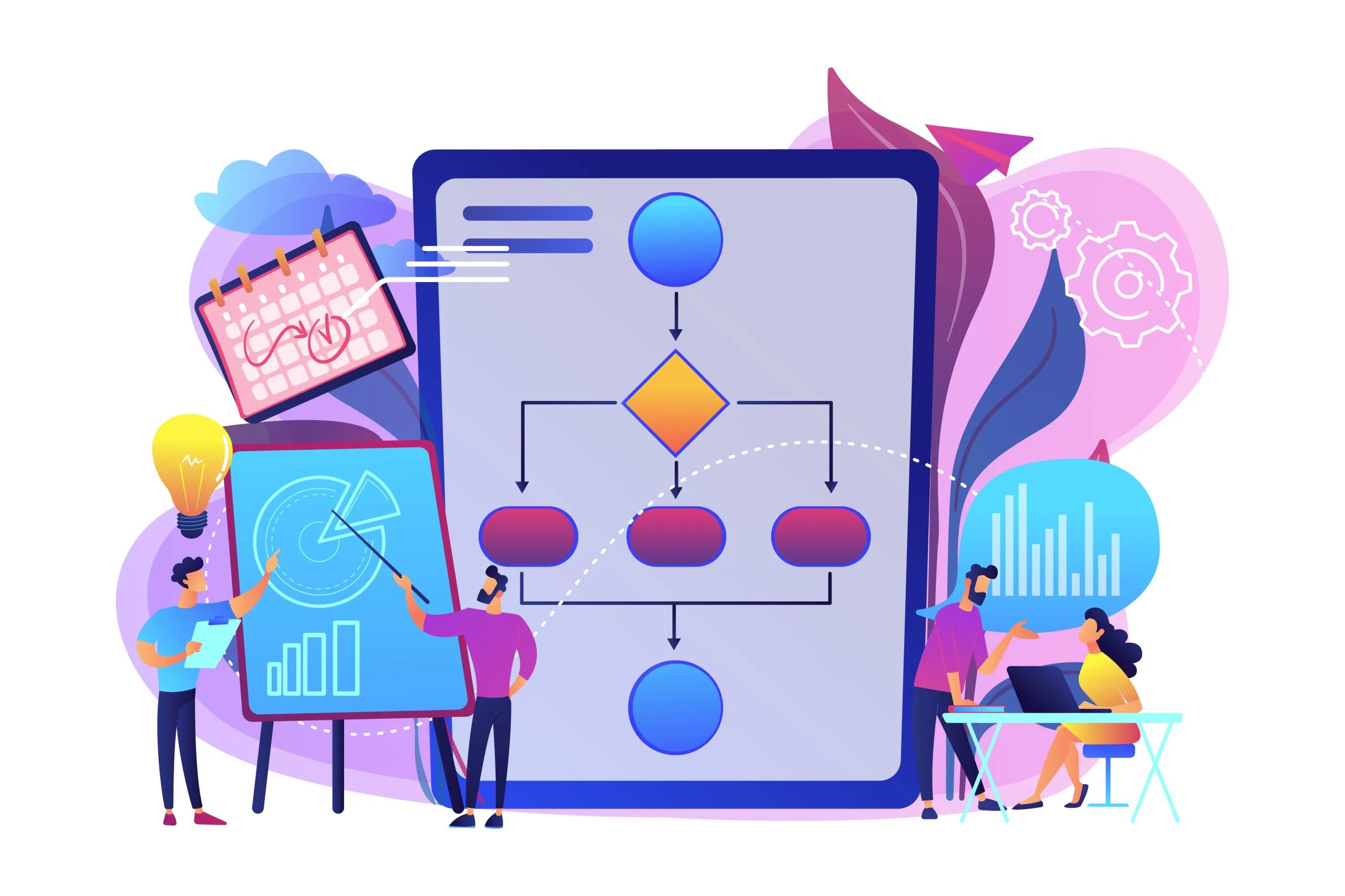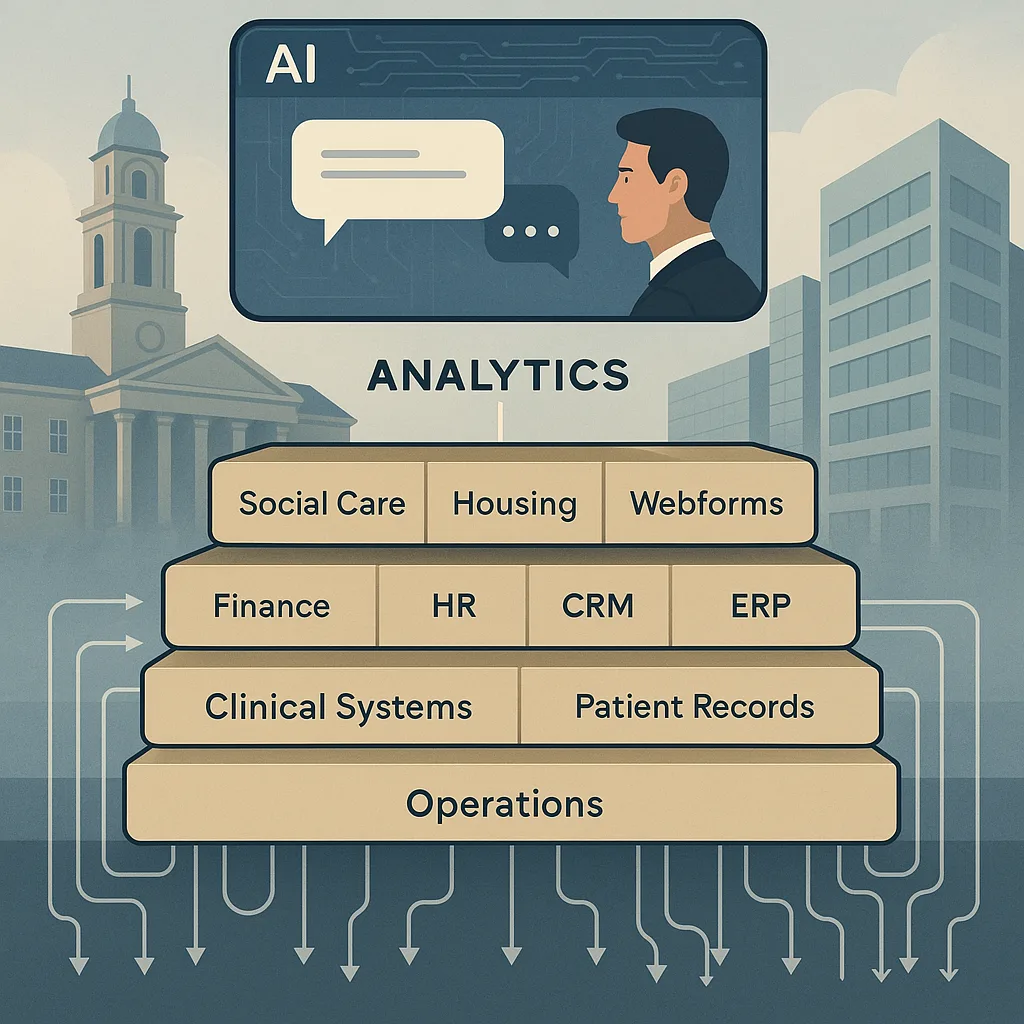
The Family Hubs and Start for Life Programme is a cornerstone of the government’s mission to improve early childhood outcomes, providing £126 million in funding for 75 local authorities in 2025-26. This investment is designed to strengthen family support services—particularly for children from birth to two years old—through initiatives like perinatal mental health support, enhanced home learning environments, and universal Start for Life services.
But funding alone won’t solve the deep-rooted challenges that councils face in delivering effective early years support. To make a lasting impact, local authorities must move beyond traditional service models and embed a data-driven approach to decision-making. By harnessing strategic data partnerships, councils can:
- Target interventions more effectively by identifying the families most in need.
- Optimise resource allocation based on real-time service usage data.
- Improve cross-sector collaboration through better data sharing between health, education, and social care services.
- Measure impact more accurately to ensure that funding delivers real outcomes for families.
With growing pressures on local government budgets, councils cannot afford to rely on intuition alone. The key to maximising the impact of Family Hubs and Start for Life lies in using data, analytics, and AI to drive smarter, more efficient service delivery. Here’s how local authorities can make that happen.

1. Moving from Data Collection to Strategic Insight
Many councils already collect vast amounts of data on service usage, demographics, and health outcomes. However, too often, this data sits in silos, limiting its potential. Strategic data partnerships—whether with universities, third-party analytics providers, or organisations like itelligent-i—can help councils transition from passive data collection to proactive decision-making.
Through predictive analytics, councils can:
- Identify at-risk families before issues escalate, allowing for earlier intervention.
- Optimise resource allocation, ensuring that funding is directed to areas of greatest need.
- Measure programme effectiveness in real-time, allowing for agile adaptations to services.
For example, a local authority could analyse birth registration data alongside social care referrals to anticipate future demand for perinatal mental health support. This would enable councils to scale services accordingly, rather than reacting to crises as they arise.
2. Hyper-Local Targeting of Services
One of the programme’s objectives is to reduce inequalities in early childhood outcomes. Yet, disparities often persist even within the same local authority. Without granular, hyper-local data insights, councils risk deploying a one-size-fits-all approach that fails to address specific community needs.
By utilising geospatial data and AI-driven mapping tools, councils can:
- Pinpoint service gaps and ensure family hubs are accessible to all communities, including those hardest to reach.
- Customise outreach efforts based on cultural and socio-economic factors.
- Track the effectiveness of specific interventions at the neighbourhood level.
For instance, a council could cross-reference NHS data on breastfeeding rates with local deprivation indices to determine where enhanced infant feeding support should be prioritised.

3. Enhancing Parental Engagement Through Data-Driven Personalisation
The guide emphasises the importance of engaging parents through carer panels and feedback mechanisms. However, traditional engagement methods—such as surveys and in-person forums—tend to capture only the voices of the most proactive parents.
By leveraging digital engagement platforms powered by AI, councils can:
- Personalise communication based on parental needs and engagement history.
- Analyse sentiment and trends in real-time to adjust service delivery.
- Automate feedback loops, ensuring that services are continuously informed by real-world experiences.
For example, a chatbot integrated with family hub services could provide tailored parenting advice while simultaneously gathering user data to refine future outreach efforts.
4. Strengthening Multi-Agency Collaboration with Data Sharing
Family hubs aim to provide an integrated offer of support, yet many local authorities still struggle with fragmented service delivery. Different departments—health, social care, education—often operate with separate datasets, making it difficult to track a family’s journey across services.
Strategic data partnerships can facilitate:
- Inter-agency data sharing protocols, ensuring seamless transitions between services.
- AI-driven case management systems that flag families requiring multi-agency support.
- Cross-sector dashboards that provide a single view of child development outcomes.
For instance, integrating health visitor records with social care case notes could enable early identification of families needing targeted home learning support.

5. Real-Time Performance Monitoring for Smarter Investment
The guide stresses the importance of measuring impact through structured reporting mechanisms. Yet, traditional performance monitoring often relies on retrospective evaluations, making it difficult to adapt services in real time.
Through advanced data analytics, councils can:
- Develop live dashboards to track service usage and impact.
- Use machine learning models to predict the long-term effects of early interventions.
- Automate financial forecasting, ensuring efficient use of funding.
By leveraging itelligent-i’s data capabilities, councils can shift from reactive reporting to proactive strategy-setting, ensuring that every investment in early years support delivers maximum social return.
The Call to Action: Embedding Data Partnerships into Family Hub Strategies
The Family Hubs and Start for Life Programme presents a significant opportunity to transform early years services across 75 local authorities. However, its success hinges on councils’ ability to move beyond compliance-driven data collection and embrace strategic data partnerships.
To maximise impact, councils should:
- Invest in predictive analytics to anticipate needs and allocate resources effectively.
- Utilise geospatial insights for hyper-local targeting of services.
- Enhance digital engagement through AI-driven personalisation.
- Break down data silos to improve multi-agency collaboration.
- Monitor performance in real-time to ensure continuous service refinement.
By embedding data-driven decision-making into the very fabric of family hub strategies, councils can move closer to the programme’s core mission: giving every child the best possible start in life.
At itelligent-i, we specialise in transforming data into actionable insights for local government. If your council is looking to unlock the full potential of its Family Hubs and Start for Life investment, get in touch to explore how strategic data partnerships can drive real impact.



